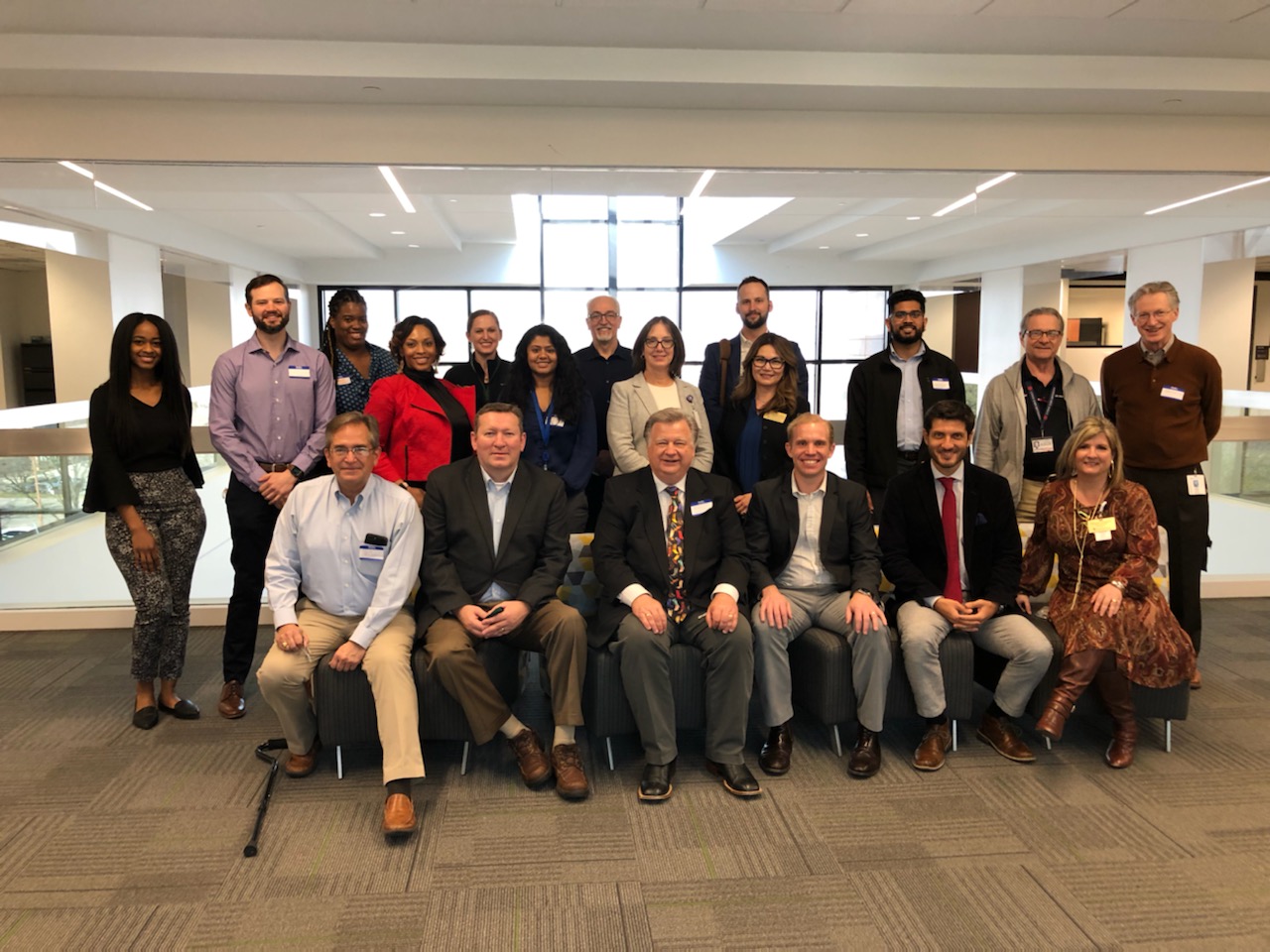LHSON Welcomes WHO and Community Public Health Officials to COVID-19 Workshop

On Monday, February 28, 2022, Baylor University Louise Herrington School of Nursing (LHSON) collaborated with UT Southwestern Medical Center Emergency Medicine and Hiroshima University (Japan) to host, “COVID-19 and Public Health System Resilience Workshop” with facilitators, Drs. Andrew Stricklin, UTSW and Benjamin Ryan, Baylor University. The workshop is part of a broader research project titled, “Systematically Identifying and Evaluating Strategies for Strengthening Community Resilience,” funded by the World Health Organization (WHO) which has Baylor University and Hiroshima University working in partnership with colleagues to conduct workshops in six countries that include: Australia, Bangladesh, Japan, Slovenia, Turkey and the United States.
“COVID-19 has brought to vivid life what systemic risk and complex risk scenarios mean,” said Nahuel Arenas, Deputy Chief, Regional Office for the Americas & the Caribbean, United Nations Office for Disaster Risk Reduction (UNDRR). “The pandemic comes on top of an increased frequency and intensity of climate-related disasters. In today’s interconnected world, human, economic, political and environmental systems are in an increasingly complex interaction. In this context, risk governance needs to be truly multisectoral and transdisciplinary. Good risk governance, at all levels, is important because we are in real danger of not achieving the Sendai Framework targets for reducing disaster losses, and we know that nothing undermines sustainable development like disasters or the recurrence of a pandemic such as the world faces today.”
The workshop at the LHSON provided both in-person and virtually, allowed participants to learn from the COVID-19 pandemic by identifying strategies for strengthening public health system resilience, which is vital as we prepare for future disease outbreaks and disasters. The goal was to help local health systems, and societies, find a way to continue functioning during a crisis. The workshop findings will be discussed later this year at the United Nations Office for Disaster Risk Reduction in South Korea, where the project team will compare and contrast recommendations for strengthening resilience in different parts of the world.
The target audience for the February workshop included: individuals involved in providing clinical care, public health, emergency management and other community services during the COVID-19 pandemic and other disasters. This includes, but is not limited to: doctors, nurses and other clinicians, emergency management representatives, organizations involved in supplying medical devices, equipment, food and other essential services, environmental health specialists, epidemiologists, health promotion, transportation experts, academics and educators.